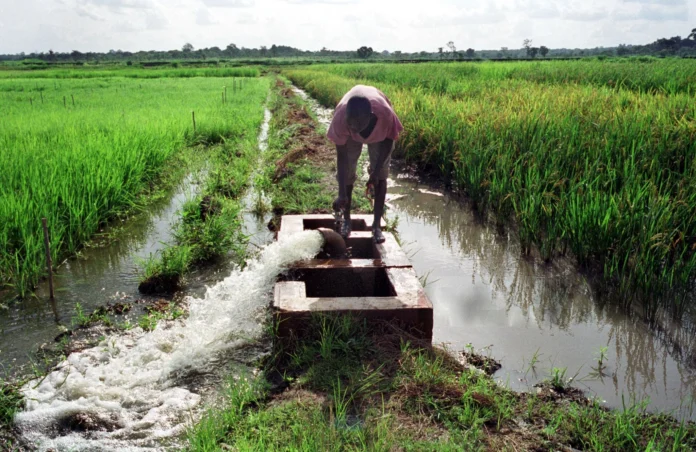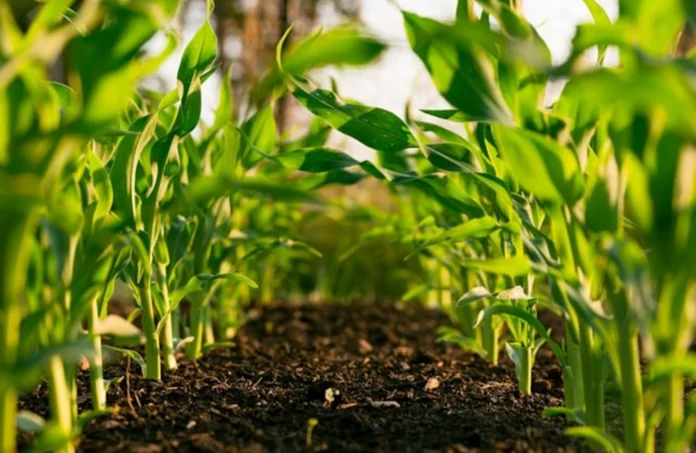Russia’s Agricultural Sector Faces Critical Labor Shortage of Over 200,000 Workers
Russia’s agricultural sector is grappling with a severe labor shortage, exceeding 200,000 workers, according to a report by Interfax, citing draft recommendations from parliamentary hearings titled “Developing the Human Resource Potential of the Agricultural Sector: Legislative Foundations, the Role of the State, and Business.” The document was prepared by the State Duma Committee on Agrarian Issues.
The report highlights that the industry is experiencing a workforce deficit ranging from 30% to 50% across various agricultural sectors. As the sector becomes increasingly technology-driven, the demand for highly skilled professionals proficient in modern agricultural technologies has surged. However, the shortage of such qualified personnel is exacerbating the crisis.
The agricultural labor force in Russia has been declining for years. In 2017, the sector employed 4.46 million people, but by 2023, this number had dropped to 4.2 million. The report attributes this decline to low wages and poor quality of life in rural areas, which drive workers to migrate to urban centers.
“Most employees in the agricultural sector are older individuals, with no one to pass on their knowledge and experience. The industry continues to struggle with low income levels: according to Rosstat data for 2023, the average salary in agriculture was 53,827 rubles, compared to the national average of 73,383 rubles,” the document states.
Despite these challenges, there has been a growing interest among young people in agricultural education. During the 2024 admissions cycle, nearly 350,000 applications were submitted to agricultural universities under the Ministry of Agriculture, marking a 10.6% increase compared to 2023.
In response to the crisis, Russian Agriculture Minister Oksana Lut announced plans to establish a seamless system for training personnel for the agricultural sector, ranging from agricultural classes in schools to higher education institutions. By 2030, the government aims to create 198,000 such classes, primarily in rural areas.
The labor shortage has had a significant impact on rising prices in the agricultural sector. Producers of dairy products, egg-producing agro-holdings, and apple orchard owners in Kuban have all cited the workforce deficit as a contributing factor to increased costs at various times.
The situation underscores the urgent need for comprehensive reforms to address the labor crisis, improve rural living standards, and attract a new generation of skilled workers to sustain Russia’s agricultural industry.












